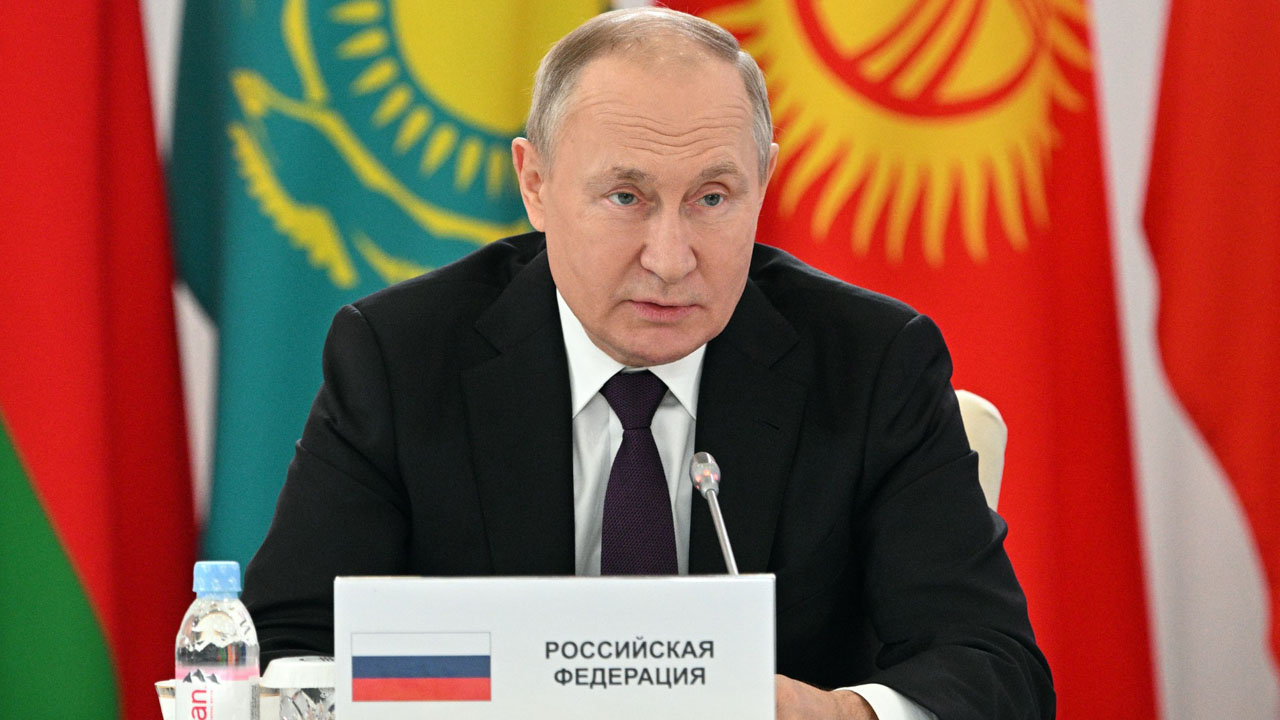
Russian President Vladimir Putin on Friday dismissed comments from his French counterpart Emmanuel Macron that Moscow was “destabilising” the peace process between Armenia and Azerbaijan, which for decades have contested the disputed Nagorno-Karabakh region.
“I believe that these statements show a lack of understanding of the course of the conflict,” Putin said during a meeting of leaders of Commonwealth of Independent States members in Kazakhstan.
He added that Macron’s remarks “sounded incorrect” and were “unacceptable”.
Putin said “there will be an opportunity” to “discuss” this with Macron and also invited the leaders of Armenia and Azerbaijan to Russia for talks “at any time, in any place”.
“Russia has always sincerely sought to resolve any conflicts, including issues related to Karabakh,” Putin said.
Earlier, Russian foreign ministry spokeswoman Maria Zakharova said France was trying to “drive a wedge into Russia’s relations with Azerbaijan and Armenia”.
Both Caucasus nations were part of the Soviet Union and Moscow has traditionally tried to mediate the conflict that erupted between the neighbours since the 1990s.
Baku and Yerevan have fought two wars — in the 1990s and in 2020 — over the mountainous region of Nagorno-Karabakh.
Russia deployed some 2,000 peacekeepers to oversee the fragile truce but tensions persist despite the ceasefire agreement.
In August, Armenia’s Prime Minister Nikol Pashinyan questioned their role in rare criticism of Moscow.






